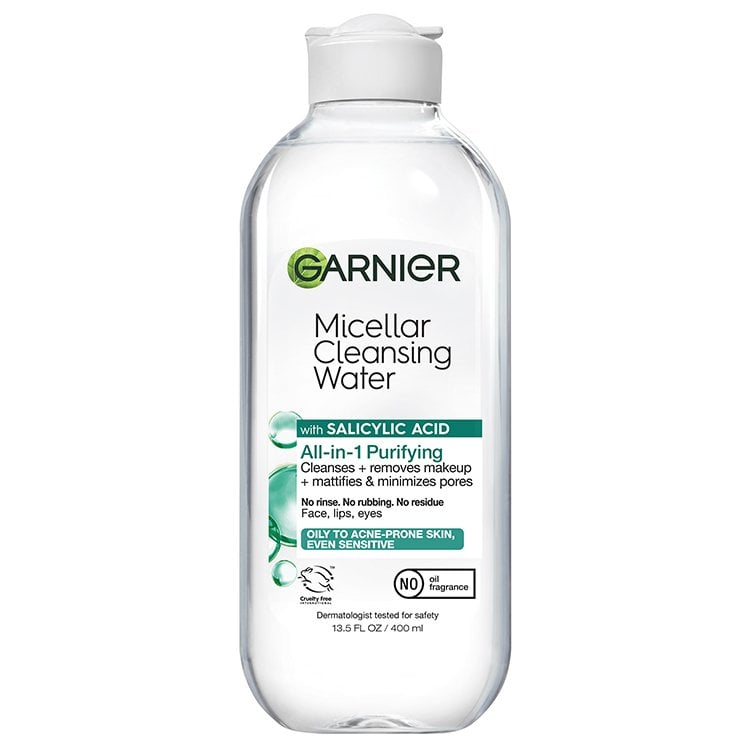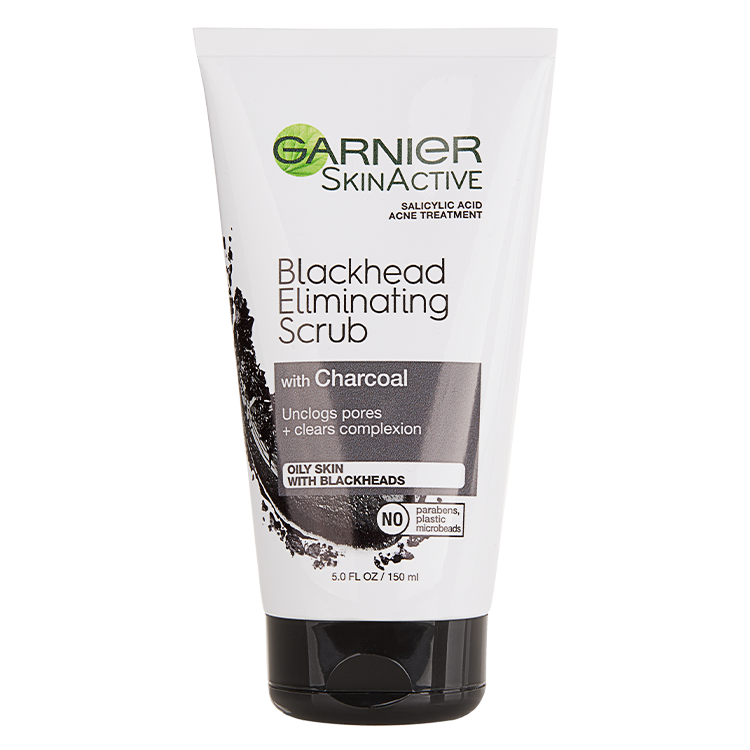Blackheads are a common skin concern, and understanding their origin is the first crucial step in effectively managing them. They form when pores become clogged, leading to small, dark bumps on the skin's surface.
What Causes Blackheads?
Blackheads primarily develop due to a combination of factors:
• Excess Sebum Production: Your skin naturally produces an oily substance called sebum to keep it moisturized. However, an overproduction of sebum, especially in oily and combination skin types, can lead to pores becoming overwhelmed.
• Dead Skin Cell Accumulation: As skin cells naturally shed, they can sometimes mix with excess sebum inside the pore.
• Pore Clogging: This mixture of oil and dead skin cells creates a plug within the hair follicle.
• Oxidation (The "Black" Part): Unlike whiteheads, blackheads have an opening to the skin's surface. When the clogged material inside the pore is exposed to air, it undergoes oxidation, turning dark or black – hence the name.
Contributing Factors to Blackhead Formation
Beyond natural skin processes, certain habits and conditions can increase your likelihood of developing blackheads:
• Poor Skincare Habits: Neglecting proper cleansing or regularly sleeping with makeup on can significantly contribute to clogged pores. Makeup can block the natural release of sebum and trap dead skin cells, exacerbating blackhead formation.
• Hormonal Changes: Fluctuations in hormones (e.g., during puberty, menstruation, or pregnancy) can stimulate increased oil production.
• Certain Medications: Some medications can have increased sebum production as a side effect.
• Genetics: Your genetic predisposition can influence your skin type and tendency towards blackheads.















